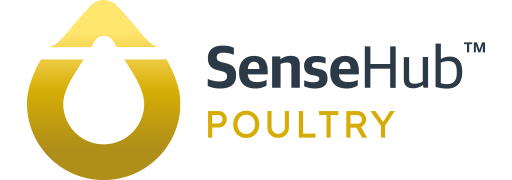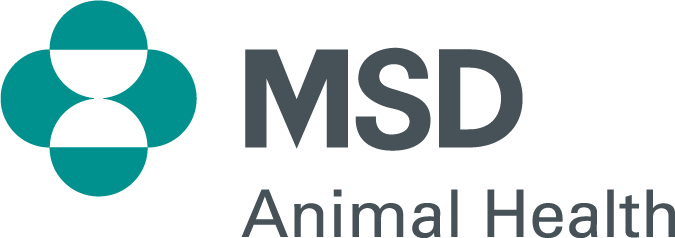Transform your business through actionable insights
Thank you for your interest in SenseHub™ Poultry monitoring and our analytical solutions.
If you are interested in finding out how the SenseHub™ Poultry solution can help your business, please contact us via the details provided or through our online form.
Email: info@sensehubpoultry.com
Phone: +44 (0) 3303 204652
SenseHub™ Poultry is a brand of MSD Animal Health, a division of Merck & Co., Inc., Rahway, NJ, USA, and marketing communications will be sent by entities involved in the MSD Animal Health operations. You have the right to remove your consent at any time, by contacting us at the following email address:
info@sensehubpoultry.com

